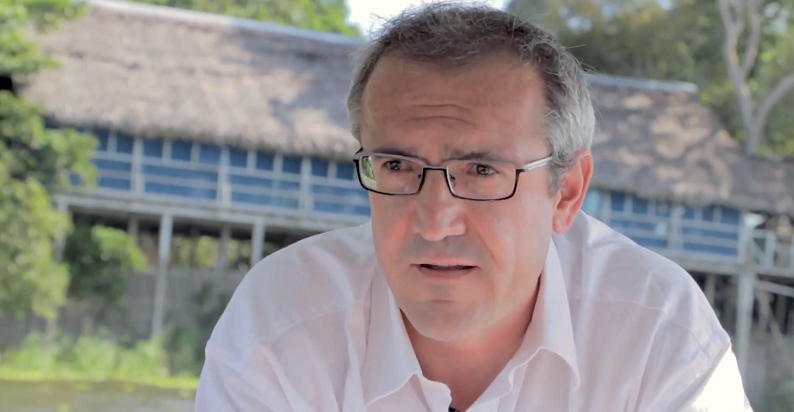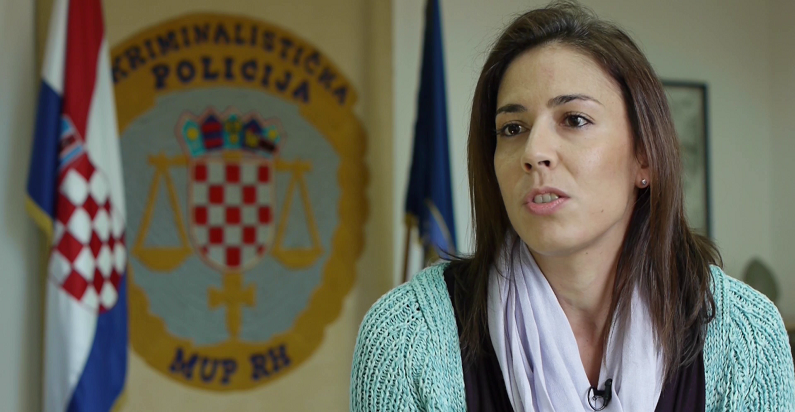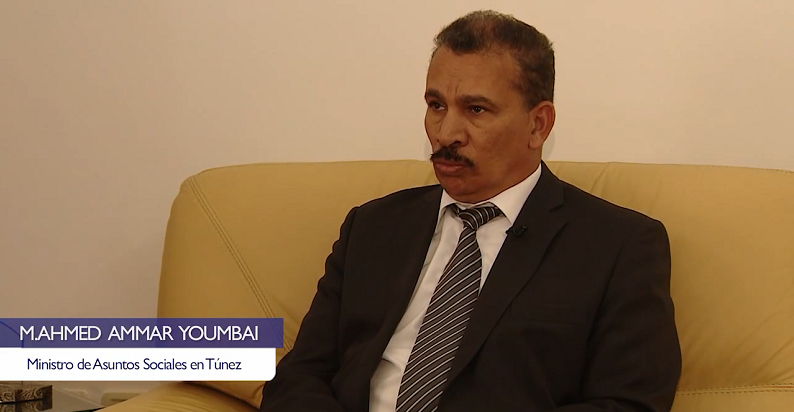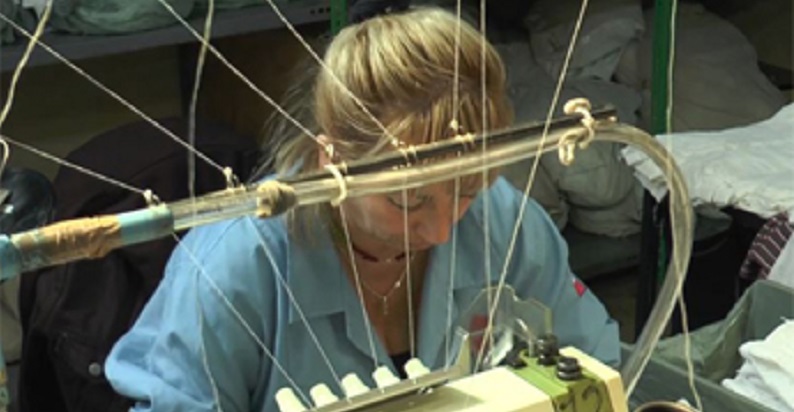THE BLOG OF THE FIIAPP. Spanish cooperation
-
12 February 2015
Category : Interview
Mikel Berraondo is an international expert on human rights and indigenous peoples who in the last two years has been coordinating the interculturality project of justice in Peru within the EUROsociAL programme. We talk to him about progress in linking ordinary justice with the special jurisdiction system of Peru's indigenous populations, which has consolidated a relationship of equality with recognition of intercultural justice.

What is meant by intercultural justice?
Putting into practice international human rights standards that refer to creating a justice system in which ordinary justice coexists with the different levels of indigenous justice present in each country, kno...
-
03 February 2015
Category : Opinion
Silvia Barrera es Inspectora de la Brigada de Investigación Tecnológica del Cuerpo Nacional de Policía (CNP) y colabora como experta en un proyecto sobre lucha contra el cibercrimen en Croacia financiado la Unión Europea y gestionado por la FIIAPP. Silvia Barrera, Inspector in the Technology Investigation Brigade of the Spanish National Police Force (CNP), is collaborating as an expert in a project to fight cybercrime in Croatia financed by the European Union and managed by the FIIAPP Silvia Barrera, Inspector in the Technology Investigation Brigade of the Spanish National Police Force (CNP), is collaborating as an expert in a project to fight cybercrime in Croatia financed by the European Union and managed by the FIIAPP Silvia Barrera, Inspector in the Technology Investigation Brigade of the Spanish National Police Force (CNP), is collaborating as an expert in a project to fight cybercrime in Croatia financed by the European Union and managed by the FIIAPP

La importancia de coordinar esfuerzos para luchar contra "la creciente amenaza de la ciberdelincuencia" ha sido reconocida dentro de la Unión Europea como "multi-dimensional”, orientada de este modo a ciudadanos, empresas y gobiernos y creciendo a un ritmo vertiginoso.
-
20 January 2015
Category : Opinion
Para Túnez, la atención asistencialista a las personas con discapacidad ha quedado fuera de sus programas para la inserción socio-laboral de este colectivo en la sociedad. Nos lo cuenta su ministro de Asuntos Sociales, M. Ahmed Ammar Youmbai, en esta entrevista. For Tunisia, assistance to persons with disabilities has been left out of its programmes for socio-occupational integration of this collective in society. The country's Minister of Social Affairs, M. Ahmed Ammar Youmbai, tells us about this in this interview. For Tunisia, assistance to persons with disabilities has been left out of its programmes for socio-occupational integration of this collective in society. The country's Minister of Social Affairs, M. Ahmed Ammar Youmbai, tells us about this in this interview. For Tunisia, assistance to persons with disabilities has been left out of its programmes for socio-occupational integration of this collective in society. The country's Minister of Social Affairs, M. Ahmed Ammar Youmbai, tells us about this in this interview.

We also talk about the project financed by the European Union and managed by the FIIAPP, which in the past two years has sent 20 Spanish experts to the North African country to support the goal of total and comprehensive integ...
-
13 January 2015
Category : Inf first person
Disfrutar de su hija y dar vida a su propio negocio. Eso es lo que hará Yesenia, de 32 años, cuando salga de la prisión para mujeres más grande de Chile. Participa en un proyecto de reinserción socio-laboral de reclusos coordinado por el Programa de la Unión Europea para la cohesión social en América Latina, EUROsociAL. Nos cuenta su historia. Enjoy her daughter and breathe life into her own business. That's what Yesenia, 32 years of age, will do when she gets out of the largest women's prison in Chile. She is participating in a social and labour-market reintegration project coordinated by EUROsociAL, the European Union programme for social cohesion in Latin America. She tells us her story.

“I'm in charge of a workshop with 35 women workers, and I review their work. It's an internal control before the product reaches the street. It's not easy. Around here, you learn to assume responsibilities, adapt to schedules and supervise people older tha...








